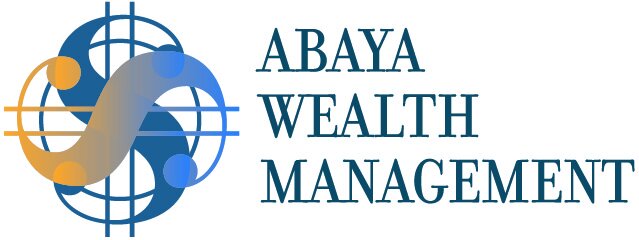Finding Lost 401(k)s
Believe it or not, thousands of folks have retirement accounts they've forgotten about. Life gets busy, jobs change, and sometimes those accounts slip through the cracks. But don’t worry – I'm here to help you track down that missing money and get it back where it belongs.
How Do 401(k)s Get Lost?
You might be wondering, “How does someone lose a 401(k)?” Well, it’s easier than you think. Here are a few common scenarios:
Job Changes: Switching jobs can be exciting, but it's easy to lose track of old 401(k)s in the hustle and bustle.
Company Mergers or Closures: If your old employer went through a merger, changed names, or shut down, your 401(k) might be with a different provider now.
Moving: If you’ve moved and didn’t update your address with your 401(k) plan provider, you might have missed important information.
Steps to Find a Lost 401(k)
Alright, let’s roll up our sleeves and get started on finding that lost treasure.
1. Check Old Statements
Dig through your files for old 401(k) statements from previous jobs. These can provide account numbers and contact details for the plan administrators. If you can’t find any statements, don’t worry, there are other ways to track it down.
2. Contact Former Employers
Reach out to the human resources or benefits department of your previous employers. They should be able to tell you who the plan administrator is and how to get in touch with them. Even if the company no longer exists, they might have transferred your 401(k) to another provider.
3. Use the National Registry of Unclaimed Retirement Benefits
There’s a handy tool called the National Registry of Unclaimed Retirement Benefits. You can search for your name to see if there are any unclaimed 401(k)s associated with you. It’s a quick and easy way to see if there’s any money waiting for you.
4. Check with the Department of Labor
The Department of Labor’s Employee Benefits Security Administration (EBSA) can be a great resource. They oversee retirement plans and can help you track down lost accounts. You can contact them directly for assistance.
5. Search the Pension Benefit Guaranty Corporation (PBGC)
If your former employer’s plan was a defined benefit plan (like a pension), check the PBGC’s search tool. They handle pension plans from bankrupt companies and might have information on your account.
Additional Tips for Finding Lost 401(k)s
Let's get into some extra tips and tricks to make sure no stone is left unturned in your quest for those lost 401(k)s.
1. Check Your Credit Report
Sometimes, retirement accounts show up on your credit report. While this isn’t guaranteed, it’s worth a peek. You can get a free credit report once a year from each of the three major credit bureaus (Equifax, Experian, and TransUnion) via AnnualCreditReport.com.
2. Look Through Your Tax Returns
Old tax returns can provide clues. Contributions to your 401(k) should be noted on your W-2 forms, which you’ve submitted with your taxes. This can help you identify where you had accounts.
3. Contact Plan Administrators
If you remember the name of the company managing your 401(k) (like Fidelity, Vanguard, or TIAA), you can contact them directly. They can look up accounts associated with your Social Security number.
What to Do Once You Find It
Yay! You’ve found your lost 401(k)! Now, what’s next?
1. Decide What to Do with the Money
You have a few options for what to do with your found funds:
Leave It: If the plan allows, you can leave your money where it is.
Roll It Over: You can roll it into an IRA. This makes managing your money easier and provides more asset opportunities in which to invest.
Cash Out: You could cash out your 401(k), but be cautious – there could be significant tax penalties and it might not be the best choice for your long-term savings.
2. Update Your Information
Make sure to update your contact information with the plan provider to prevent future mix-ups. Keep track of your account details and statements going forward.
Keeping your retirement savings in order can give you peace of mind and help ensure a comfortable and happy retirement. So go ahead, start the search – your future self will thank you!
